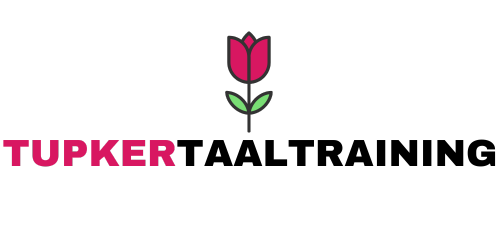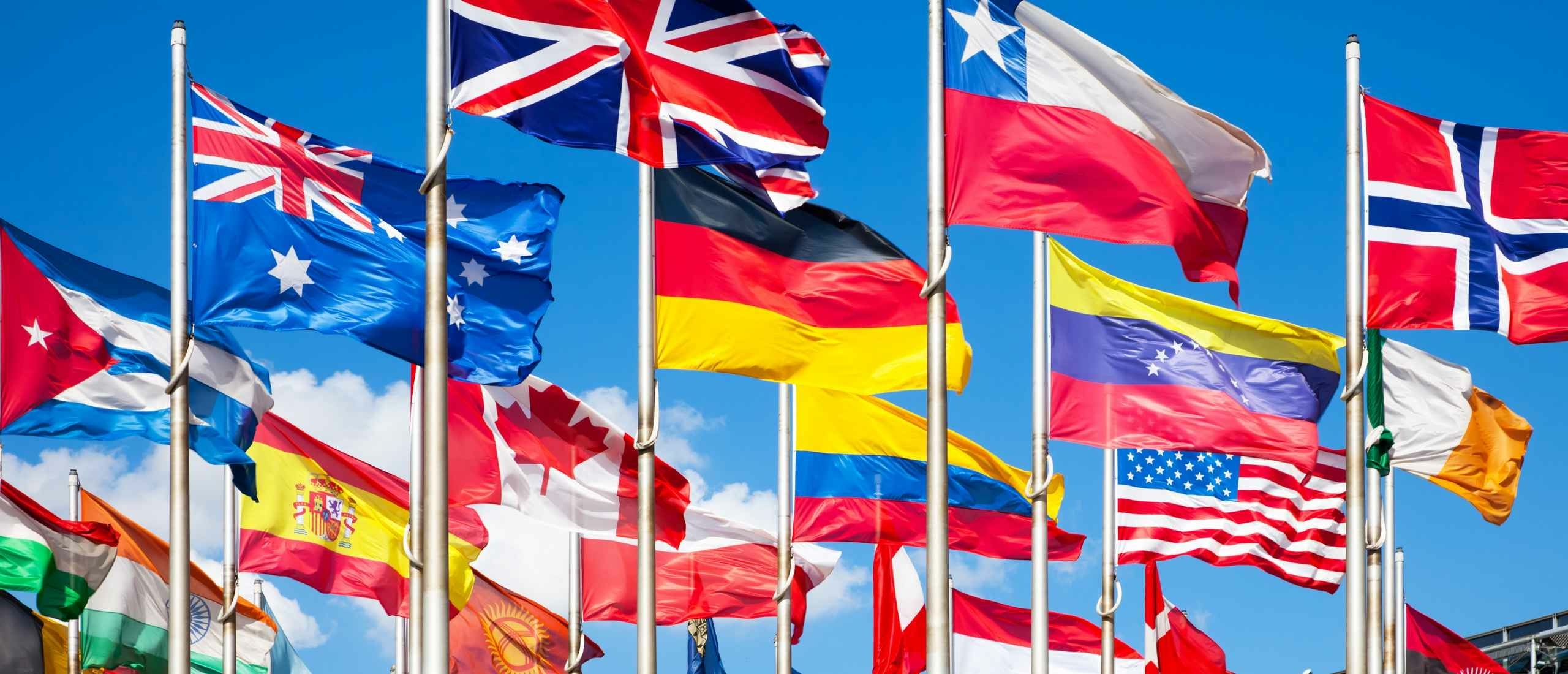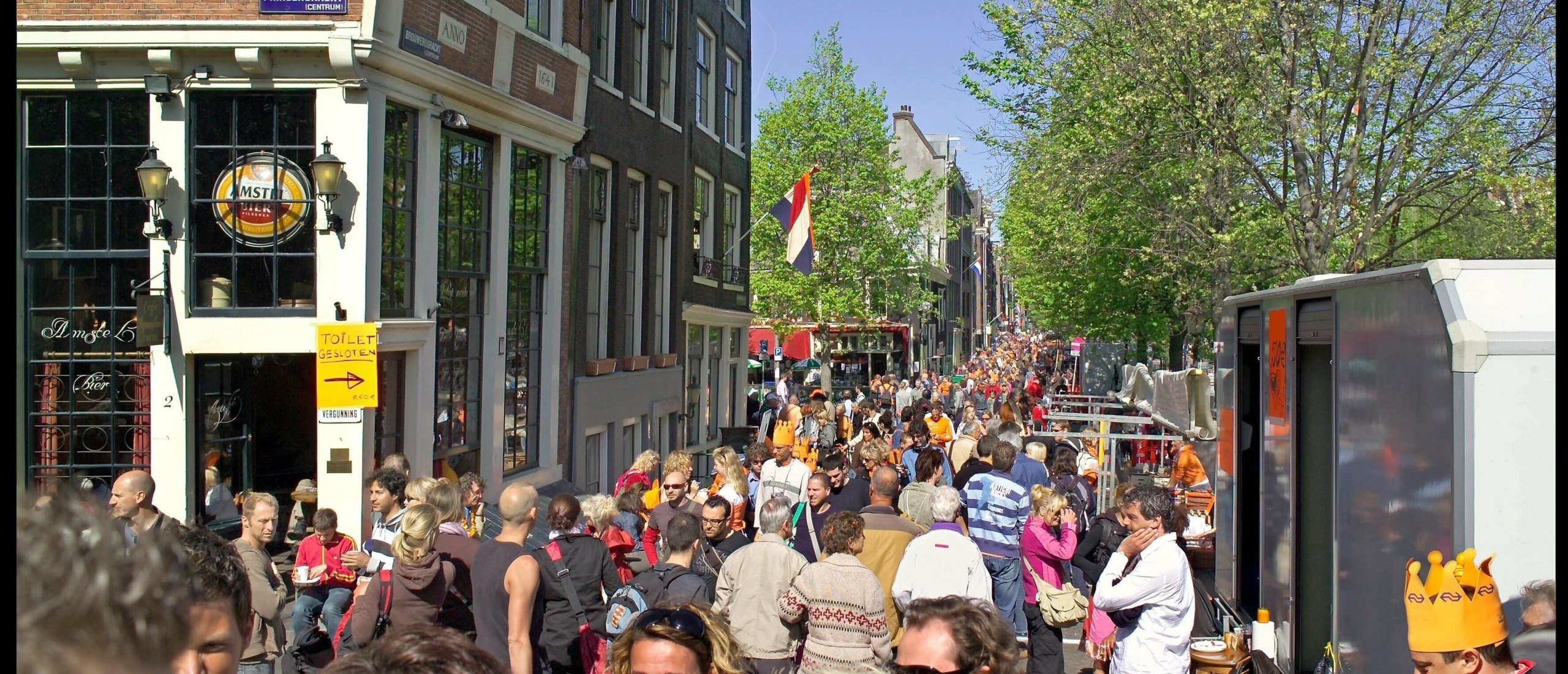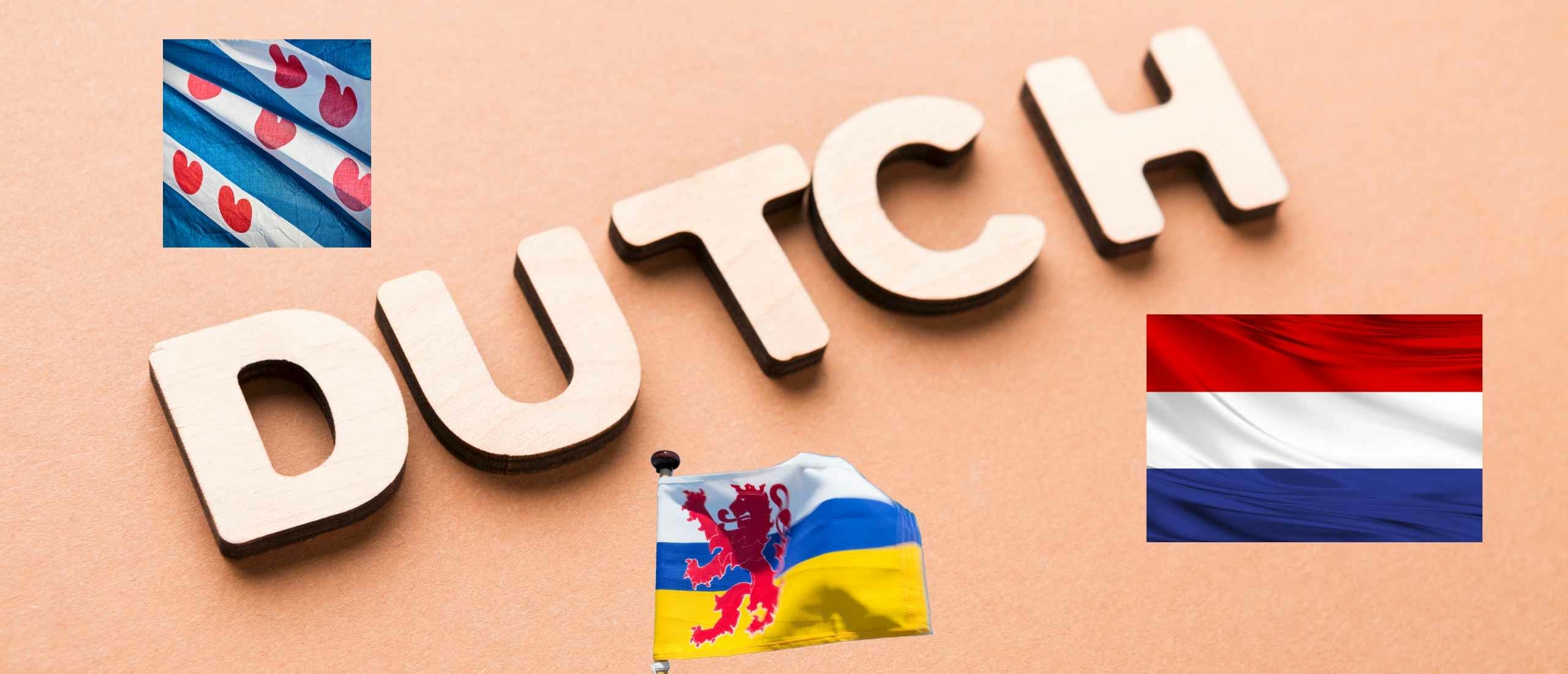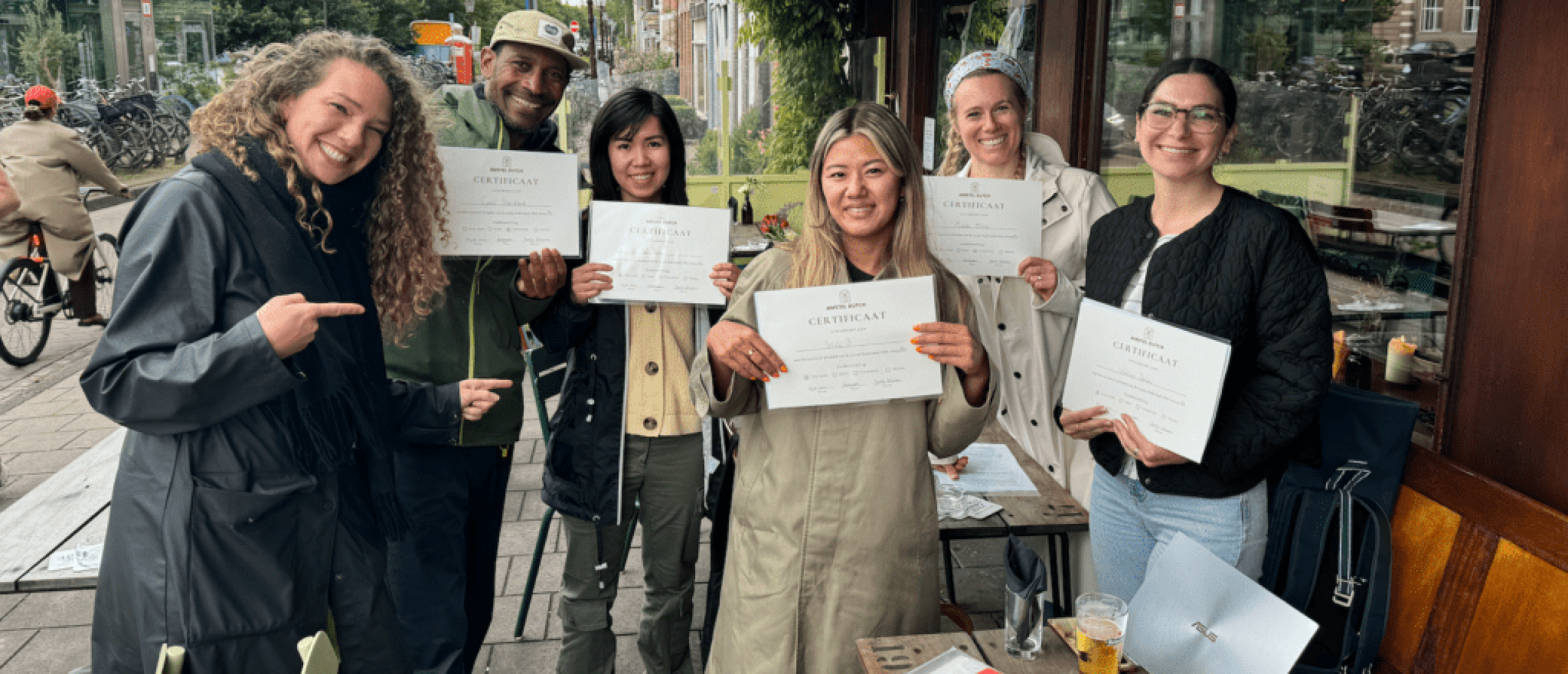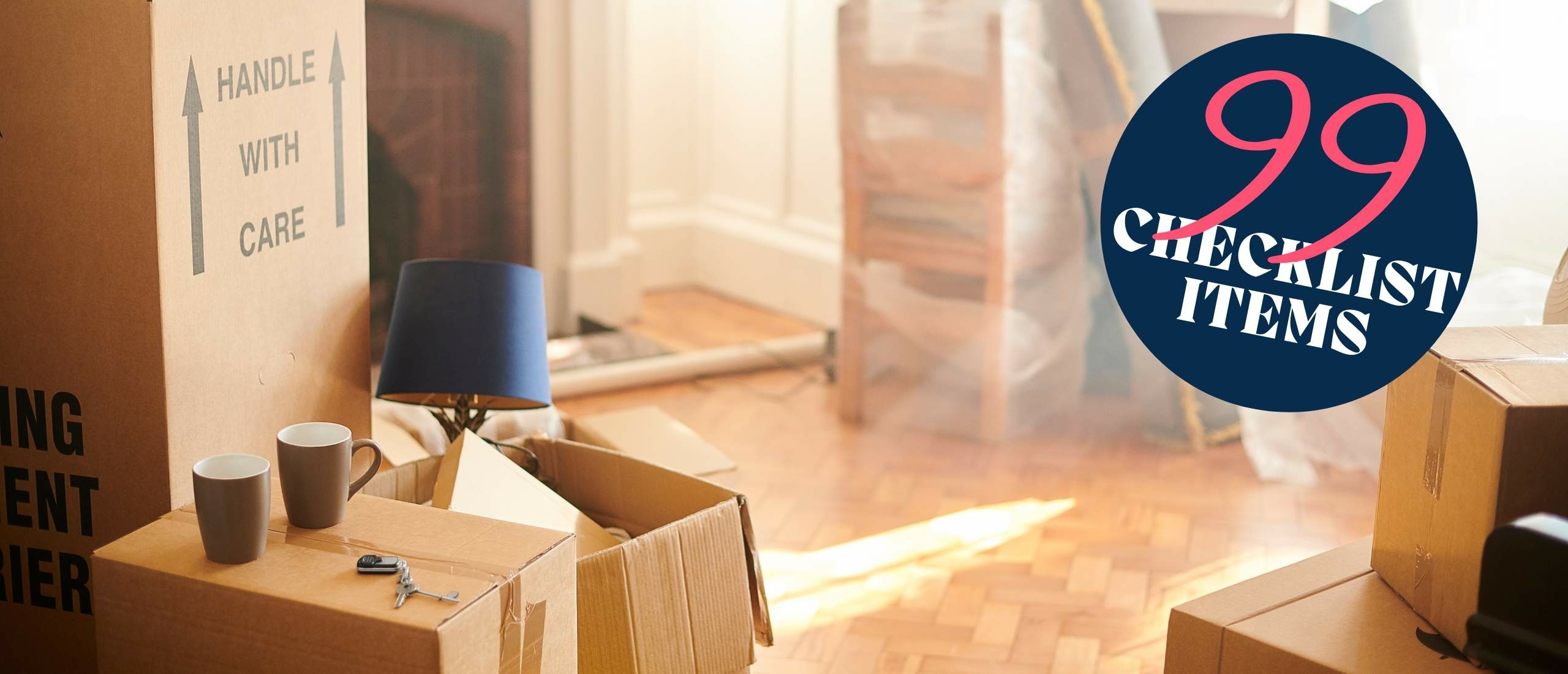
Why Learning Dutch is the Key to Truly Experiencing Life in the Netherlands
Imagine this: You’ve just moved to the Netherlands. You’re sipping a steaming cup of coffee at a cozy café, the aroma of fresh stroopwafels fills the air, and you hear the lively chatter of Dutch all around you. It’s exciting, but there’s just one thing missing—you can’t quite join in the conversation. This is where learning Dutch becomes more than just a useful skill; it’s your gateway to truly connecting with the world around you.
Breaking the Ice: The First Steps in a New Culture
When you move to a new country, everything can feel unfamiliar—from the culture to the social norms. But language? Language is your bridge. It’s how you can start to feel at home. Picture yourself at a local market, chatting with the vendor about the best cheese or asking a neighbor for advice on the best bike routes in town. These small interactions become rich, memorable experiences when you speak the language.
Learning Dutch allows you to break the ice in a way that’s both personal and meaningful. Even just a few basic phrases can make a world of difference. Try greeting someone with a cheerful “Goedemorgen!” (Good morning!) or thanking them with a heartfelt “Dankjewel!” You’ll be surprised at how warmly people respond when you make the effort.

Navigating Everyday Life with Ease
Of course, speaking Dutch isn’t just about pleasantries—it’s about navigating daily life with confidence. Think about those moments when you’re at the grocery store, trying to decipher labels, or reading a letter from your local municipality. Understanding Dutch can turn what might feel like a daunting task into something simple and even enjoyable.
Let’s not forget work! Whether you’re collaborating with Dutch colleagues, attending meetings, or even just chatting over lunch, knowing the language helps you build stronger, more genuine connections. It shows that you’re invested in your new environment and willing to be part of the team. Plus, understanding Dutch workplace culture—where directness is valued and humor is subtle—can give you a real edge.
Connecting with Your Family: A Shared Language at Home
But it’s not just about you. If you have children attending school in the Netherlands, learning Dutch can also help you communicate more effectively with them and with their teachers. Imagine being able to help your child with their homework, understanding school newsletters, or having a conversation with their teacher at a parent-teacher meeting—all in Dutch. Not only does this help your children feel supported, but it also strengthens your connection as a family. Plus, you’ll be able to join in those cute Dutch songs your kids are singing at home, making learning the language a fun, shared experience!
Making Deeper Connections: Beyond the Surface
Speaking Dutch also opens the door to making deeper connections with the people around you. It’s one thing to have a surface-level conversation in English, but when you switch to Dutch, you’re showing that you’re really trying to understand the culture and people. You’re no longer just a visitor; you’re someone who’s truly part of the community.
For instance, when you attend a neighborhood event or join a local club, being able to communicate in Dutch helps you connect on a deeper level. You’ll be able to laugh at jokes, understand cultural references, and share in the collective experience. Whether it’s joining in the excitement of King’s Day celebrations or simply enjoying a gezellig (cozy) evening with friends, language is what helps you feel like you truly belong.

A Richer, More Rewarding Experience
Let’s talk about some fun, shall we? Imagine being able to watch Dutch TV shows and understand the humor, or reading a Dutch novel and getting lost in the story. Maybe you’re a foodie who wants to dive into traditional Dutch recipes or a history buff eager to explore Dutch literature and art. When you learn Dutch, you’re not just learning a language—you’re opening the door to a richer, more rewarding experience in the Netherlands.
And let’s be honest, it’s also about the little things—like being able to understand what’s being said when someone makes a funny comment in a meeting, or knowing what the signs at the train station actually mean. These moments add up, and they make your life in the Netherlands feel more complete.
Compassionate Language Learning: It’s Not About Perfection
Now, if you’re feeling a bit overwhelmed by the idea of learning Dutch, don’t worry—you’re not alone! Learning a new language can be challenging, but it’s also incredibly rewarding. And here’s the secret: It’s not about being perfect. It’s about trying, making mistakes, and having a good laugh along the way.
The Dutch are known for their directness, but they’re also incredibly understanding and appreciative when someone makes the effort to speak their language. So, don’t be afraid to practice, stumble, and start again. Whether you’re taking classes, practicing with friends, or even just trying to read Dutch signs around town, every little bit helps.
At Tupkertaaltraining, we’ve seen thousands of students go through this journey. We know that learning Dutch can be fun, engaging, and full of compassionate support. We’re here to help you every step of the way, whether it’s through group lessons, private sessions, or even fun activities like language exchange meetups.
A Final Thought: Embrace the Journey
Learning Dutch is more than just acquiring a new skill—it’s about embracing a new way of life. It’s about saying “yes” to new experiences, deeper connections, and a richer understanding of the world around you. So, whether you’re just starting out or you’ve been here for years, there’s no better time than now to start learning Dutch.
Remember, every conversation you have, every phrase you learn, and every connection you make is a step toward feeling truly at home in the Netherlands. So, grab that cup of coffee, open up your Dutch phrasebook, and start your language journey today. You’ll be glad you did.
